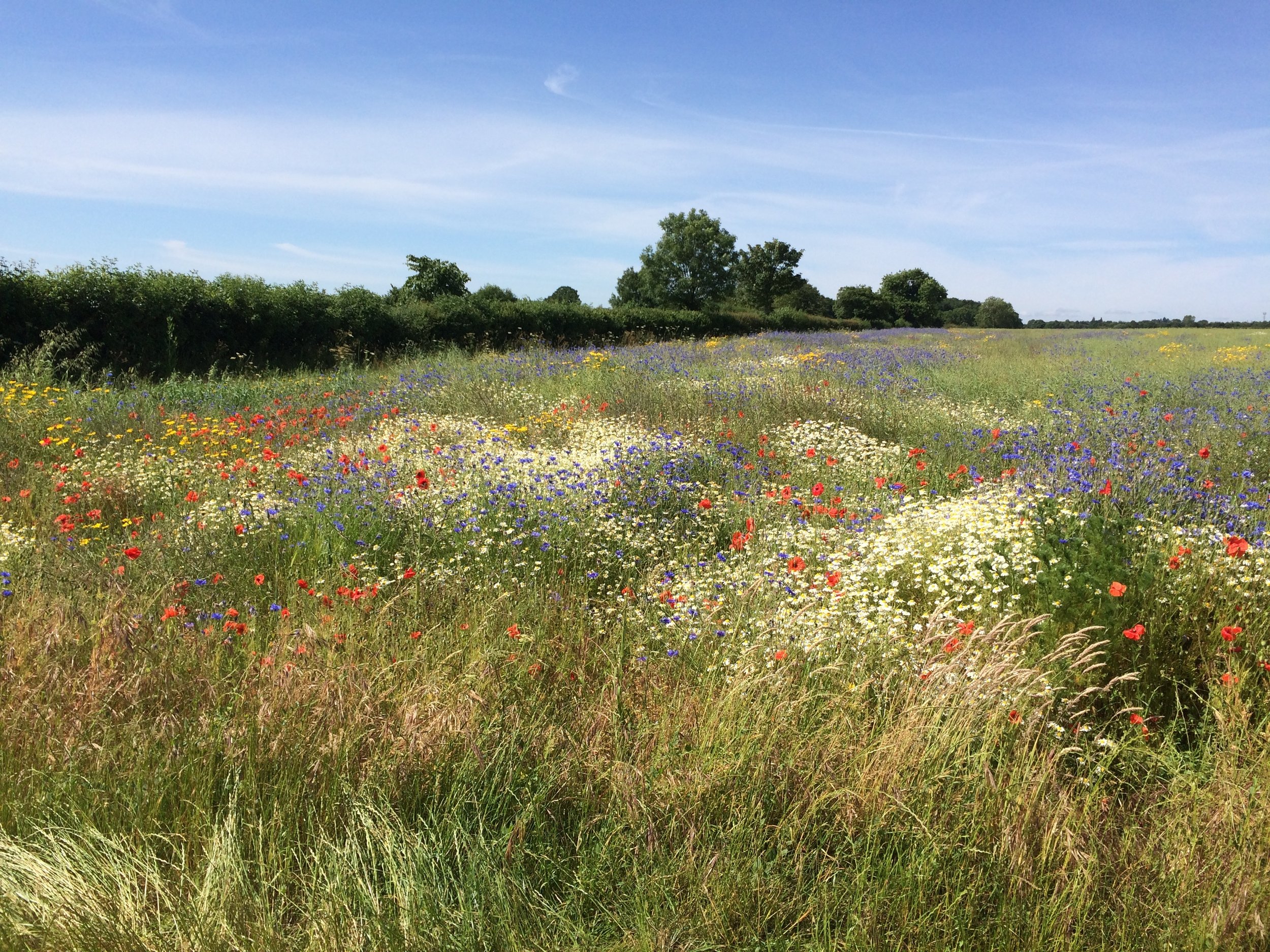
Kenton Hall Farm
Environmental Aims
Here at Kenton Hall, we’re committed to carrying out sustainable farming practices and continuing to improve our environmental performance.
Please see below how we intend to improve bio-diversity on our farm.
Improving Soil Health
We are committed to improving the soil health and organic matter on our land, we will be moving away from more conventional farming methods by reducing disruption to the soil in order to bank carbon and improve soil health. We will be using a minimum tillage approach and also hope our agro-forestry experiments improve the soil quality.
Birds of Prey
We’ve teamed up with Suffolk Owl Sanctuary to create a Hack Pen to house injured owls and other birds of prey prior to being released. Once they are re-integrated into the wider farm ecosystem the benefit to the landscape is enormous.
Grass-fed livestock and emissions
The Sustainable Food Trust believes that there is a very important role for grass-fed livestock in sustainable farming systems as part of a solution to reducing carbon emissions not contributing to them. They recognise the importance that grassland plays as a vital source of carbon storage and the way in which grazing animals convert this into high-quality protein.
Farm Cluster
We founded the Upper Deben Farm Cluster with the aim of collaborating with local farmers to provide landscape scale nature recovery. We are focusing on water quality improvements on the river Deben and also upskilling our members and improving bio-diversity in our corner of Suffolk.
Thank you for reading.
Wildflower Margins
Margins, corners and plots of permanent wildflower-rich habitat can be managed within farmed landscapes to support beneficial insects and a wealth of wildlife that feeds on them. They also help integrated pest management and crop pollination.
Wide margins, corners and plots generally provide better habitat for wildlife than thinner or smaller areas. To provide the greatest benefit for wildlife they should be placed close to other important habitats, which already provide nesting sites and shelter such as hedges and ditches.
Bee-Keeping
Bees are essential in agriculture. They help plants reproduce by moving pollen grains from anther to stigma. Then, seeds are generated, which later creates new plants. Over 80% of flowering plants need the help of pollinators to reproduce.
Again, pollinators contribute to clean water and healthy soils by fostering a robust plant community. Farmers with beehives in their farms can testify that they get a lot more farm produce than their counterparts. Plants tend to die once they lack pollen, leading to a low farm yield. Therefore, you should have at least two to three beehives on your farm for better yield because what’s good for bees is suitable for agriculture and climate.
Hedge Planting
Hedgerows are a crucial feature of our countryside. They can provide a range of benefits: from reducing soil erosion and flooding to providing forage and shelter from the wind for livestock, boosting their health and yield.
Hedgerows are essential components of the agri-ecosystem. The resource of trees and hedgerows on farms has declined in the UK in the twentieth century, due primarily to agricultural intensification which has driven the creation of larger more simplified field systems. This loss may reduce ecosystem service provision and biodiversity in both livestock and arable systems, and may also have a negative influence in certain terms on productivity.
Find out more..
If you have any questions or would to know more, don't hesitate to contact Tom - 07594283217 or call the office on 01728 862062.




